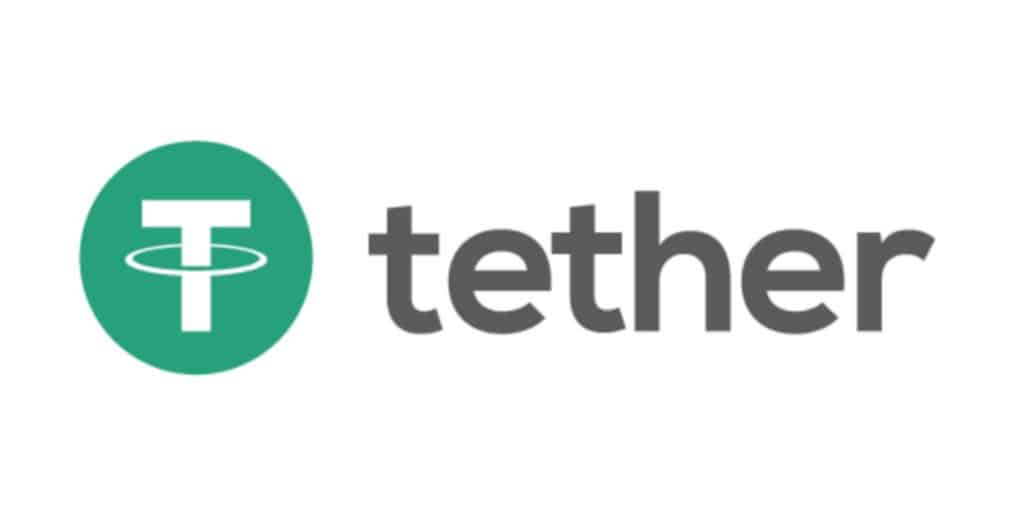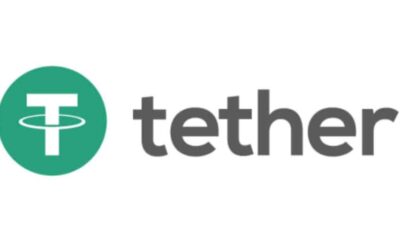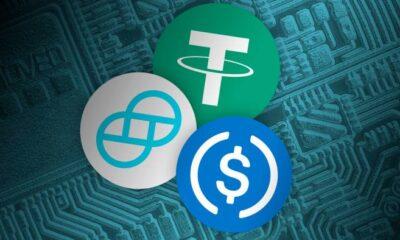Tether, the issuer of the world’s largest stablecoin, USDT, has started printing again after a roughly two-month halt that sparked investors’ concerns and speculation.
Tether has minted at least 2.3 billion USDT since Aug. 1, pushing the token’s market cap to $65 billion, a Tether representative told CoinDesk via email. USDT, which is pegged to U.S. dollars, usually trades at $1.
In June and July, USDT’s market cap stagnated around $62 billion despite small fluctuations. Industry experts attributed the reduced demand to China’s crackdown on crypto, the rise of the competing stablecoin USDC and investor concerns over Tether’s own vulnerability.
Demand for USDT has recently rebounded, according to Tether and industry experts, as crypto market sentiment has turned increasingly positive. The largest cryptocurrency by market cap, bitcoin, has rebounded from its July low of around $29,600, trading at $49,540 as of press time, up 1.8% over the past 24 hours.
“From a supply/demand perspective, as crypto prices go up, more stablecoins and fiat are needed to buy the assets and expand the total market cap of crypto,” Gary Pike, director of sales and trading at crypto services firm B2C2, told CoinDesk.
“We are seeing increased trading activity across venues that support Tether tokens,” a Tether representative said.
It’s possible, however, that the increased demand for USDT recently may not be driven by bitcoin but instead by some altcoins, such as solana (SOL) and terra (LUNA), whose trading volumes surged, according to Noelle Acheson, head of market insights at crypto prime broker Genesis Global Trading. Their main trading pair is USDT. (Genesis is a subsidiary of Digital Currency Group, which also owns CoinDesk.)
The average trading volume of USDT against solana for the first 22 days in August stood at 386.6 million, up from a July average of 123.4 million and a June average of 290.7 million, according to CryptoCompare. The average trading volume of USDT against terra for the first 22 days in August was 320.2 million, up from a July average of 120.5 million and a June average of 98 million.
“BTC’s price may be up, but trading volumes haven’t changed much,” noted Acheson.
Others cited Tether’s increased transparency as another reason for the rebounding demand. In its new attestation published on Aug. 9, Tether provided more details than ever before on the composition of its $62.8 billion of reserves, including its long-questioned reserves of commercial paper (CP) and certificates of deposit (CDs).
Roughly 49 percent of Tether’s $62.8 billion reserves are invested in commercial paper (CP) – typically short-term corporate debt – and certificates of deposit (CDs), out of which roughly 93 percent was rated A-2 and above, 5.5 percent at A-3 and 1.5 percent below A-3 as of June 30.
The latest disclosure “could be the reason for the resumption of printing, alongside renewed investor confidence and demand,” Sean Rooney, head of research at crypto asset manager Valkyrie Investments, wrote to CoinDesk in an email.
But for many, there’s still a lot of fear, uncertainty, and doubt (FUD) surrounding Tether’s reserves.
It will take “multiple years for all of the critics to be convinced,” Pike said.


 Naira4 weeks ago
Naira4 weeks ago


 Naira4 weeks ago
Naira4 weeks ago




 Naira4 weeks ago
Naira4 weeks ago




 Naira3 weeks ago
Naira3 weeks ago
 Commodities4 weeks ago
Commodities4 weeks ago


 News4 weeks ago
News4 weeks ago
 Travel4 weeks ago
Travel4 weeks ago




 Naira3 weeks ago
Naira3 weeks ago

















